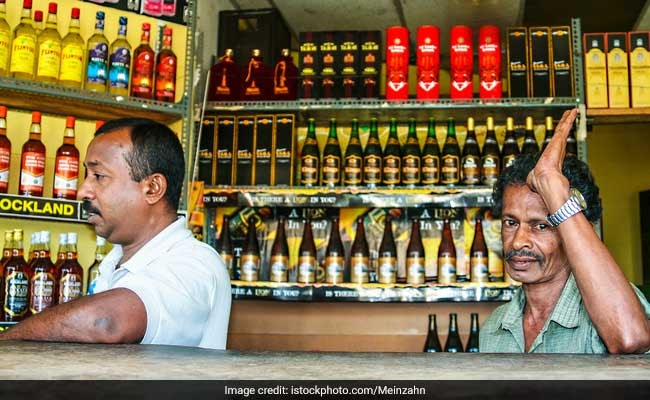
The decision to home-deliver alcohol prescribed by doctors, announced by the Kerala government on Monday, has been put on hold by the Kerala High Court. This decision was taken by the Pinarayi Vijayan government all liquor stores in the state were shut down as part of the lockdown.
The court has put the decision on hold for three weeks. "Can you show that withdrawal symptom can be treated by administration of further alcohol," the court has asked the government.
The government had initially decided to issue special passes for tipplers who were suffering from withdrawal symptoms after the lockdown.
But various organisations like the Government Medical Officer's Association and Indian Medical Association opposed the state government's decision. They had agreed only on condition that the alcohol will be delivered only on the medical prescription of a certified doctor.
"Scientific treatment should be given to those who have alcohol withdrawal symptoms. It can be treated at home or in hospitals with medicines. It is not scientifically acceptable to offer alcohol to such people instead," news agency ANI quoted an IMA representative as saying.
On Monday, the government issued an order that said following the lockdown and the closure of liquor outlets, there were "many instances of social issues including the frustration and suicide tendencies shown by those who used to consume liquor regularly".
The order said that those who have physical and mental issues due to withdrawal symptoms could be given liquor in a "controlled" and "prescribed" manner.
"If such a person gets a prescription from the doctors saying he has withdrawal symptoms, he could be provided with liquor in a controlled manner," the order read.
Kerala has 265 COVID-positive cases of whom 25 have been cured and two died.
Track Latest News Live on NDTV.com and get news updates from India and around the world

